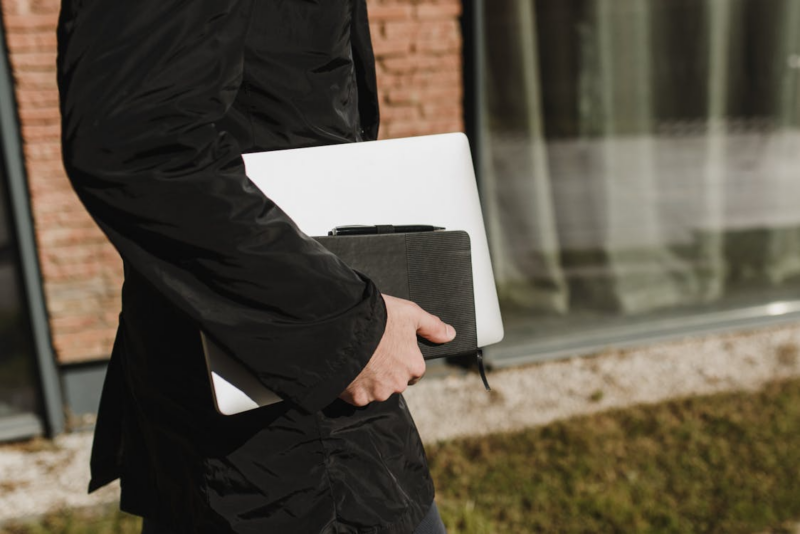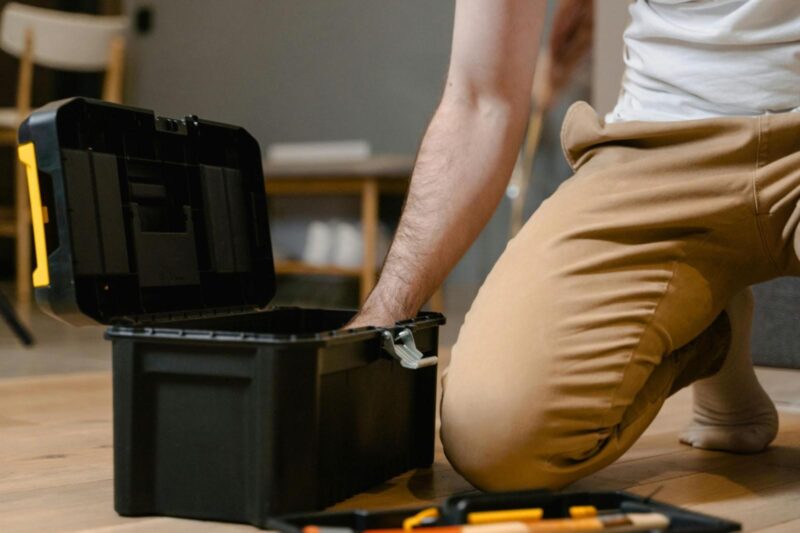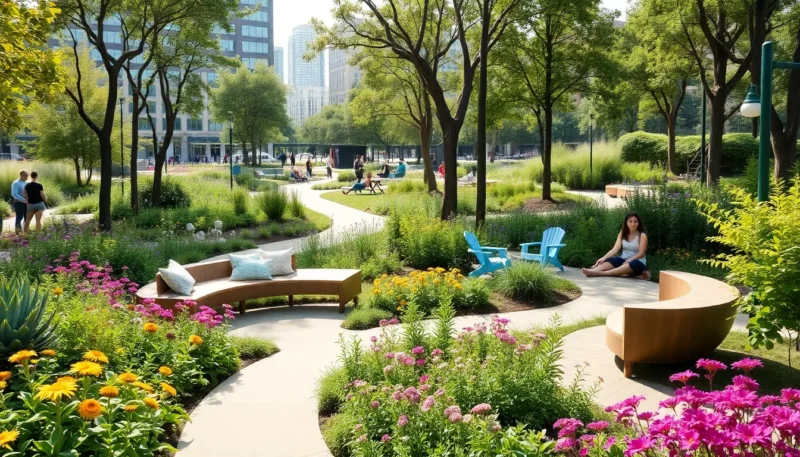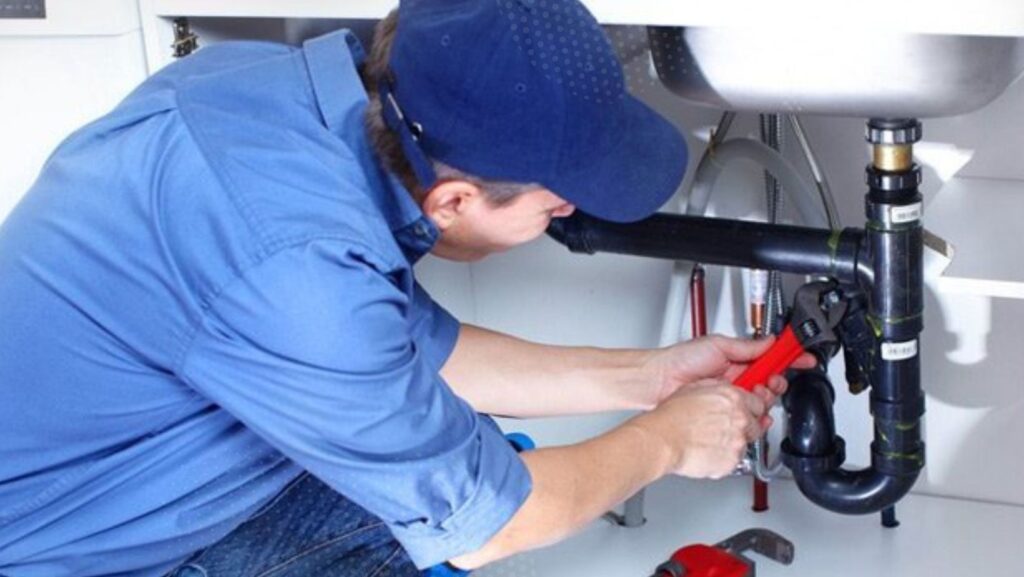
Most homeowners think of home protection in terms of alarm systems, insurance, or smart security gadgets. While these tools play an important role, the true foundation of a safe, efficient, and comfortable home lies in something far simpler: the health of your HVAC and plumbing systems. These often overlooked systems quietly work behind the scenes, ensuring clean air, dependable water flow, and overall daily comfort. When they fail, however, they can cause some of the most stressful and expensive emergencies a homeowner can face.
If you want the ultimate home protection strategy, one that prevents disasters before they happen, prioritizing HVAC and plumbing maintenance should be at the top of your list.
Understanding the Role of HVAC and Plumbing in Home Safety
Your HVAC system does far more than regulate temperature. It also filters the air you breathe, manages humidity levels, and helps maintain strong energy efficiency throughout the year. When it’s functioning well, your home stays comfortable regardless of the season, and your energy bills stay manageable.
Plumbing is just as essential. It brings clean water into your home, removes wastewater, and supports daily-use fixtures and appliances like toilets, sinks, dishwashers, and washing machines. A healthy plumbing system prevents backups, water contamination, leaks, and mold growth.
When either system begins to fail, homeowners are often met with costly damage, safety hazards, and major disruptions. That’s why maintenance is not just recommended, it’s crucial.
The High Cost of Neglecting HVAC Maintenance
Ignoring HVAC upkeep may not show immediate consequences, but the hidden damage grows quickly. Dirty filters, clogged ducts, and poorly lubricated components force HVAC units to work harder, which leads to higher energy bills and premature wear.
Poor indoor air quality is one of the biggest risks of neglected HVAC systems. Dust, pollen, mold spores, and other pollutants circulate throughout your home when filters and ducts aren’t cleaned regularly. This can trigger allergies, asthma, and respiratory irritation.
More serious hazards can occur as well. Gas furnaces, if not inspected, may develop cracks or malfunctions that leak carbon monoxide, a dangerous, odorless gas. Likewise, overheating components or electrical issues can create fire risks. Routine HVAC maintenance isn’t just an efficiency booster; it’s a safety measure for your entire home.
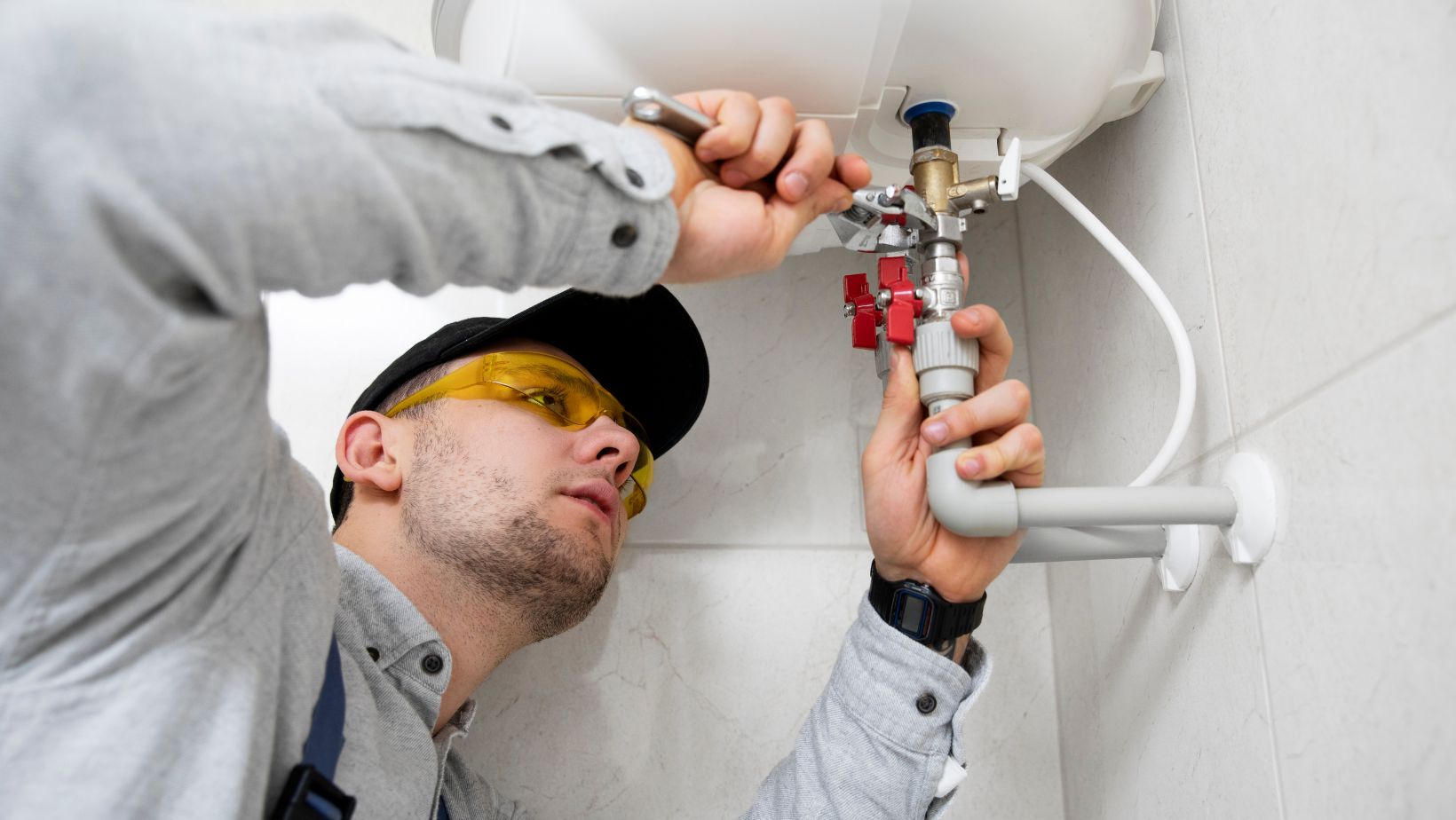
Why Plumbing Maintenance Is Critical for Home Protection
Plumbing issues rarely start big. Instead, they begin as small leaks, low pressure, or slow-drain problems easy to overlook. But these minor inconveniences can quickly escalate into major water damage, mold growth, or even structural issues.
A single leaky pipe can gradually create thousands of dollars’ worth of damage behind walls or under floors. Water heaters, if neglected, may corrode, leak, or burst unexpectedly. Clogged drains can lead to sewage backups, bringing unpleasant odors and contamination into the home.
If you ever notice persistent plumbing issues, unusual noises in the pipes, or moisture where it shouldn’t be, it’s important to seek help promptly. A reliable option homeowners often turn to is to visit Mr. Rooter Plumbing, where trained professionals can diagnose and resolve problems before they escalate into full-blown emergencies.
Key Preventive Maintenance Tasks Every Homeowner Should Know
Preventive care doesn’t have to be complicated. With a few easy habits, you can drastically extend the life of your systems.
For HVAC systems:
- Replace air filters every 1–3 months
- Keep vents, registers, and outdoor units free of debris
- Schedule seasonal inspections one before summer and one before winter
- Clean ducts every few years or as needed
For plumbing systems:
- Inspect under sinks and around appliances for leaks
- Clean drains with safe, non-corrosive methods
- Flush the water heater annually
- Check faucets and toilets for signs of wear
- Monitor water pressure and unusual plumbing noises
By making maintenance a routine instead of a reaction, homeowners enjoy year-round comfort while avoiding costly surprises.
Professional Maintenance vs. DIY: Knowing the Difference
While homeowners can handle basic upkeep, both HVAC and plumbing systems involve complex components. Electrical wiring, refrigerant lines, gas connections, and internal piping should never be handled without training.
Attempting DIY repairs in these areas often leads to more damage, voided warranties, or safety risks. That’s why scheduling inspections with licensed professionals is essential. Expert technicians can spot problems before they worsen, optimize your systems for efficiency, and ensure safety protocols are followed.
Homeowners also benefit financially from professional care, especially when they take advantage of programs such as HRSP rebates on HVAC, which help reduce the cost of upgrades or replacements while improving long-term home protection.
Long-Term Benefits of Prioritizing HVAC and Plumbing Health
When homeowners commit to regular HVAC and plumbing maintenance, the rewards are substantial:
- Lower utility bills thanks to improved system efficiency
- Fewer emergencies, reducing the stress of sudden breakdowns
- Longer equipment lifespan, delaying costly replacements
- Healthier indoor air and cleaner water
- Increased property value, especially during resale
- Greater peace of mind, knowing the home is protected from hidden issues
The combination of comfort, safety, savings, and reliability makes maintenance a powerful and often underestimated home protection strategy.
Conclusion: The Smartest Investment You Can Make in Your Home
Protecting your home doesn’t always require new gadgets or big renovations. Sometimes, the smartest strategy is simply taking care of what you already have. Your HVAC and plumbing systems play essential roles in your daily comfort, safety, and financial well-being. By staying proactive with maintenance and scheduling regular professional inspections, you protect your property from sudden disasters and costly repairs.
If you want to safeguard your home for the long term, start by prioritizing the systems that truly keep it running: your HVAC and plumbing.







